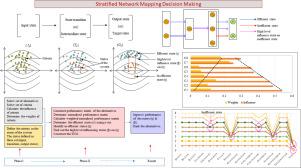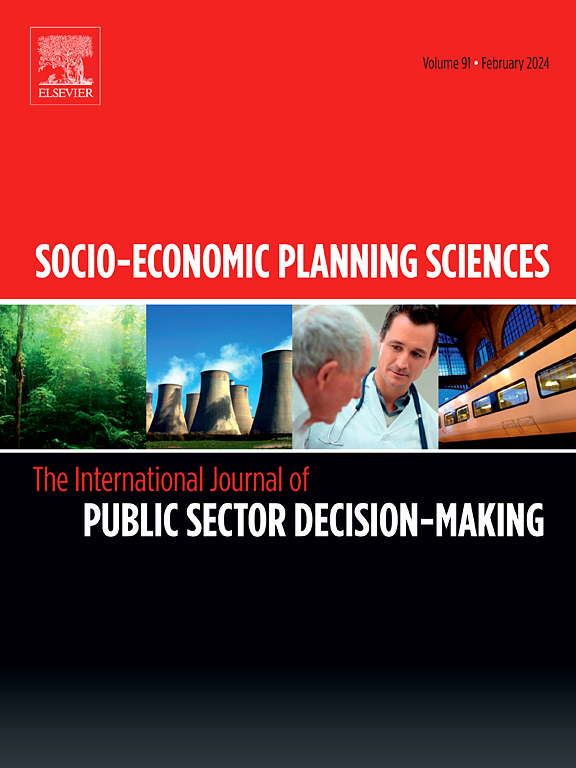Stratified network mapping decision making technique based decision support framework for R&D budget allocation in South Korea
Abstract
In this research work, we proposed and developed a stratified network mapping (SNM) decision making method and used it to improve the industry–university specialization in R&D in each region selected in this study. The proposed method considers the influence of criteria on and their priority in alternatives performance evaluation process. By analyzing the influence of these criteria on decision-making, we can easily improve the performance of alternatives. The SNM gives a clear understanding of each alternatives performance efficiency level. It explores possible and inefficient states and high-level influence states in inefficient states. Narrowly using multi-criteria decision-making methods to rank alternatives does not improve the performance of alternatives. The proposed method helps rank alternatives and improve the performance level of alternatives in each state. We analyzed the R&D investment of central and local governments of South Korea. It is an attempt to invigorate and facilitate R&D collaboration using a decision support model. We analyzed industry–academia research networks and enhanced the efficiency of the research.


 求助内容:
求助内容: 应助结果提醒方式:
应助结果提醒方式:


